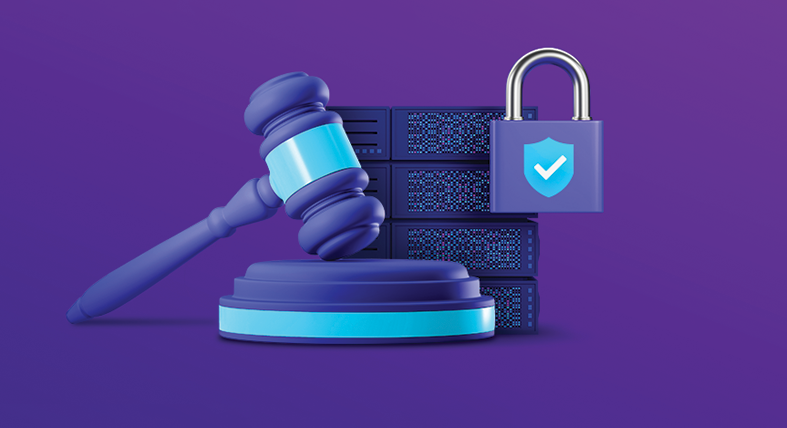What is PCI?
PCI is often mentioned in the triage PII, PHI and PCI in the context of data protection. PCI stands for “Payment Card Industry” data, which includes information such as bank account numbers, credit card numbers, card expiration dates, CVV numbers, etc. This article zeroes in on PCI and explains what data is captured under this … Read more










